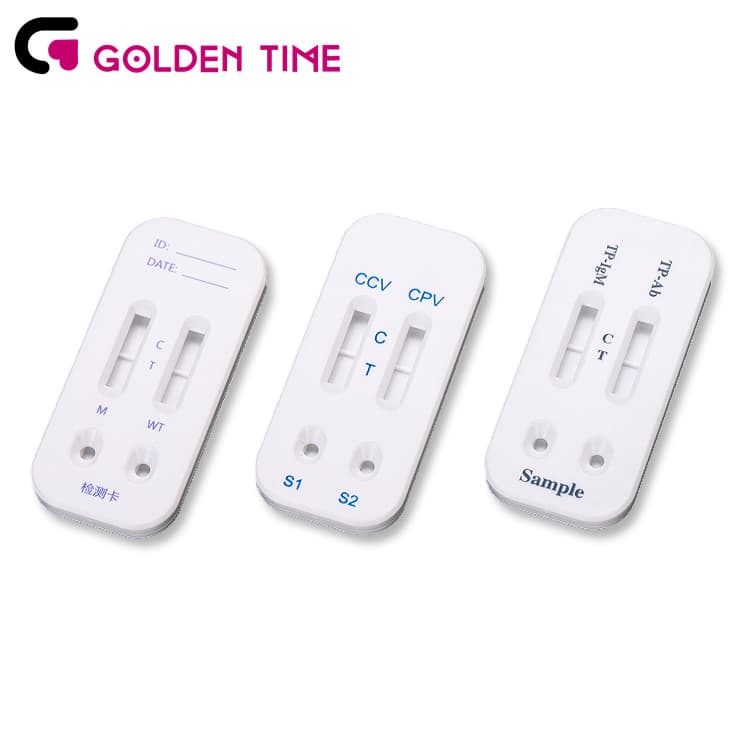Sep . 06, 2024 11:06 Back to list
Buy HCV Rapid Test Kit - Accurate and Reliable Hepatitis C Screening
Exploring HCV Rapid Test Kits A Pathway to Improved Hepatitis C Diagnosis
Hepatitis C virus (HCV) infection remains a significant public health challenge worldwide, affecting millions of individuals and often leading to severe liver disease if left untreated. The critical need for timely and accurate diagnosis has propelled the development and distribution of Hepatitis C rapid test kits. These kits offer a solution that is both efficient and user-friendly, allowing for the quick detection of HCV antibodies in various settings.
Exploring HCV Rapid Test Kits A Pathway to Improved Hepatitis C Diagnosis
HCV rapid tests typically use a fingerstick blood sample, making them less invasive than blood draws. This methodology not only enhances patient comfort but also increases the likelihood of individuals undergoing testing. Additionally, the simplicity of these tests means that they can be administered in various venues, including community health organizations, outreach programs, and even remote locations, expanding access to essential hepatitis screening.
buy hcv rapid test kit

When considering the purchase of HCV rapid test kits, it is essential to ensure that the products are FDA-approved or meet equivalent international standards. This guarantees the reliability and accuracy of the tests, minimizing the risk of false-positive or false-negative results. The efficacy of these kits can significantly impact patient outcomes, making it imperative to choose trusted brands that have undergone rigorous testing and validation.
Moreover, the integration of rapid testing into healthcare systems can help public health officials identify and manage outbreaks more effectively. By detecting HCV cases earlier, healthcare providers can offer immediate counseling, education, and referrals for follow-up care or treatment, fostering a more proactive approach to managing hepatitis C within communities.
Furthermore, as public awareness around Hepatitis C increases, the demand for rapid test kits is on the rise. Many organizations and government agencies are investing in programs that educate the public about the importance of testing and treatment, further driving the need for accessible rapid testing options. This aligns with global health initiatives aimed at eliminating hepatitis C as a public health threat, emphasizing the importance of early diagnosis and treatment.
In conclusion, the availability of HCV rapid test kits marks a significant advancement in the fight against hepatitis C. These kits not only offer quick and user-friendly testing solutions but also play a crucial role in enhancing public health efforts. When considering the purchase of HCV rapid test kits, it is vital to focus on quality and reliability to ensure accurate results. As the conversation around hepatitis C continues to evolve, the role of these test kits in facilitating early diagnosis and treatment will undoubtedly remain paramount, leading the way toward a healthier future for all.
-
Premium Cassette Lateral Flow Devices for Rapid Diagnostics
NewsAug.23,2025
-
Pregnancy Test Calculator: Know Your Weeks, Week by Week
NewsAug.22,2025
-
Malaria Pf Ag Rapid Test Kit - Quick & Accurate Detection
NewsAug.11,2025
-
Accurate Cardiac Marker CK-MB Rapid Test for Quick Results
NewsAug.10,2025
-
Premium Empty ABS Plastic Cassette for Test Strips
NewsAug.09,2025
-
Sterile Urine Cup: Accurate Specimen Collection for Labs & Home
NewsAug.08,2025

